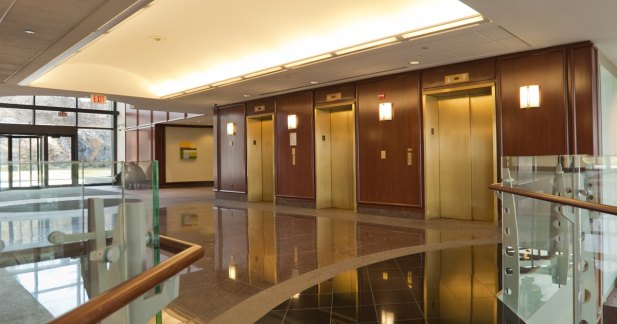
A 1031 Exchange Could Help you Build Business While Reducing Taxes
With a properly-structured 1031 exchange (also known as a Starker Exchange or Like-Kind Exchange), a property investor can sell their property and use the proceeds to invest in a new property while deferring all capital gain taxes. That’s under IRC Section 1031. Simply put, it means an investor can swap one investment property for another—and what would typically be a taxable sale may have limited tax or no tax at the time of the transaction.
1031 Exchange implications and opportunities for investors
For investors, the implications are anything but small. Tax-deferred exchanges that allow an investor to defer capital gain taxes while growing their portfolio can lead to a higher return on investment. In addition, there is no limit to the number of times or the frequency someone can take advantage of a 1031 exchange. If you’re an investor, that means you can earn a profit on every swap and avoid taxes until you sell the property for cash in the future.
To put the 1031 exchange to work for you, it’s important to fully understand the exchange process and the Section 1031 code. Investopedia, in their article “1031 Exchanges: 10 Things to Know,” specifies that a 1031 cannot be used for a primary residence as it’s not intended for personal use. Only commercial real estate qualifies for the exchange, and the exchanges must be of “like-kind” — which actually can be quite broad. For example, you could exchange an apartment building for undeveloped land.
More, it may be helpful to know that you can delay the exchange. Investors will need a qualified intermediary to hold on to the sale proceeds until it’s time to purchase the exchange property. It’s also important to note that an investor must close on their new property within 180 days of selling the previous property.
Other important considerations for a 1031 Exchange:
- You must designate a replacement property within 45 days of the sale of the existing property. You can actually designate up to three properties, but must close on one of them.
- If you have left over cash after the purchase of the replacement property, it will be taxed, generally as a capital gain.
- You’ll want to consider loans and debt you have on the existing property and any debts on the property you are buying. If your mortgage obligation is less, you will likely be taxed on the difference.
Interested in learning more?
Savvy investors who are considering selling an existing property may want to look into the potential for a 1031 exchange for them. If you are interested in learning more about how to take advantage of a tax deferred 1031 exchange, consult your trusted tax advisor.